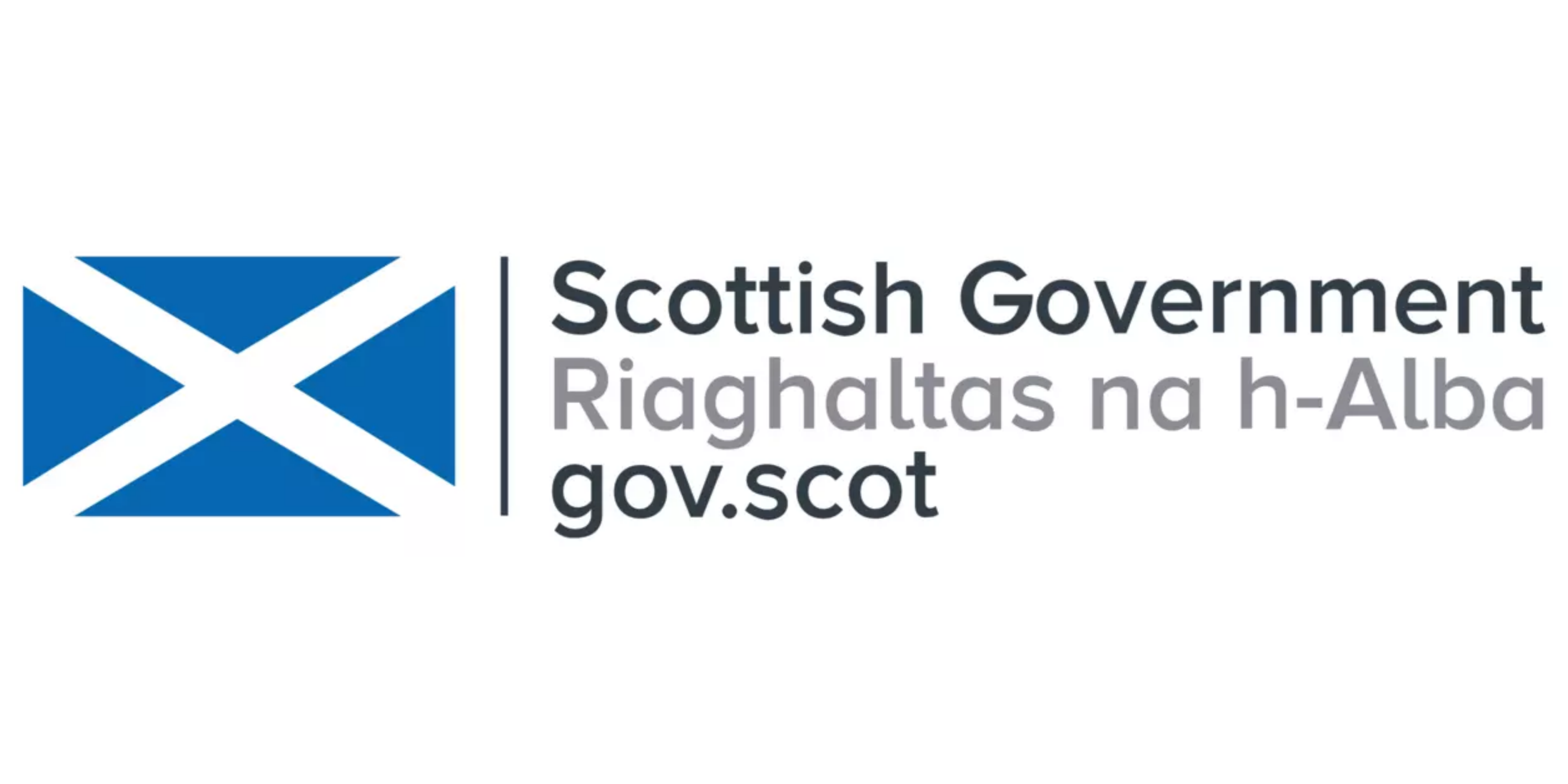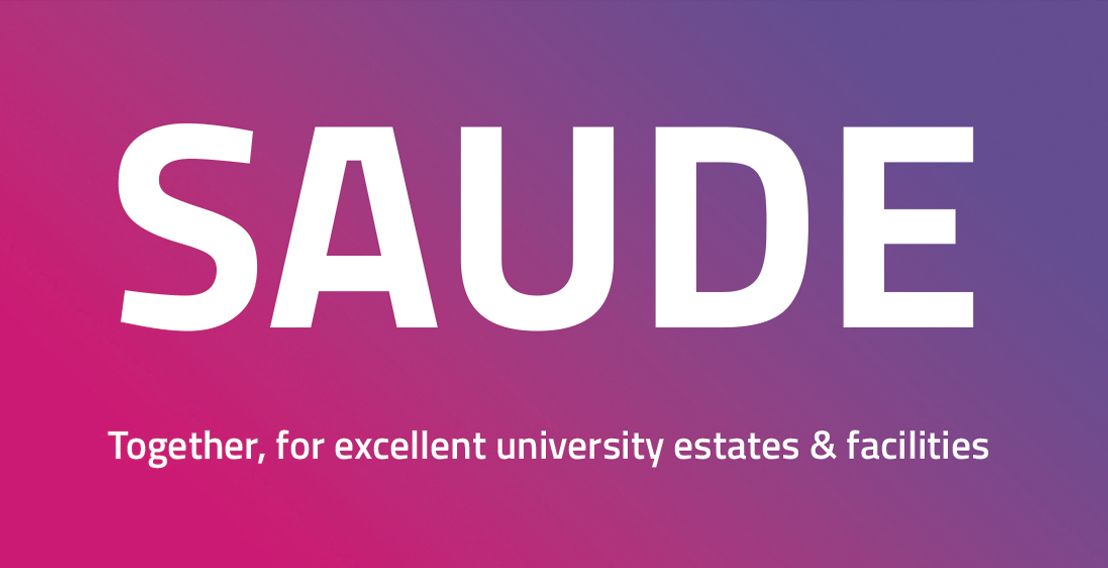Digital - Day 2
Digital Estate
The theme of this session was “digital estate” which included three presentations. The first discussed the Scottish Virtual Nature School which is an outdoors learning initiative, presented by an international education consultant. The second reviewed the use of technology to support the delivery of early learning and childcare (ELC) facilities through Covid, presented by representatives from Fife Council. The final presentation considered technology’s role in digital registration presented by representatives from the Care Inspectorate.
Scottish Virtual Nature School
Children who attended ELC facilities faced a major disruption to their routine as a result of Covid-19. To address this, the Scottish Virtual Nature School, funded by the Scottish Government, was developed as part of Scotland’s national learning strategy to embed outdoor learning into the curriculum. This is an online, multimedia provision that offers nature based activities for children and families, whilst training practitioners to engage in nature pedagogy. An objective was to reduce young people’s screen time to 40 minutes a day and to increase time spent outdoors. This outdoor time would involve young people partaking in stimulating and curiosity provoking activities independently, and collaboratively, with their loved ones. This would also benefit well-being and reduce the risk of transmitting Covid-19.
Children would join a video call on weekday mornings to discuss that day’s tasks. They would then receive downloadable materials to provide additional support. Once the short outdoor activity was completed, thoughts, videos and imagery would be uploaded to a secure online group portal where the learning community could engage. Data has indicated the profound effect that the initiative has had on its participants. It was demonstrated that, prior to the initiative, 31% of the sample had little confidence in working outdoors, making it a barrier to learning and well-being. However, by the end of the initiative, results showed that 100% of the sample felt confident in partaking in outdoor activities. This online workshop has proved to be engaging and effective in positively impacting children, families and practitioners across Scotland, making place-based experiences accessible from anywhere.
Use of technology to support the delivery of ELC facilities through the pandemic
With the delivery of Fife Council’s £30m ELC facilities, Fife Council quickly realised they had to embrace technology’s role to make this possible through the pandemic. A notable piece of technology is drone footage to capture key stages and progress within projects; this is also beneficial for providing regular updates to stakeholders. Other advantages that technology offers include the fact that design can take place from home, collaboration is possible through use of video platforms like Microsoft Teams, and productivity increases while travel time decreases. However with the absence of physical interaction, there are challenges such as the inability to bounce ideas off one another in the same way you would in person. It is also difficult to train new members of staff and broadband speed can vary which impacts how quickly and efficiently one can share and save digital information. A blended approach is key to efficiency, planning, communication and engagement throughout every stage of the process. This helps to ensure there is a shared understanding and common goal to successfully deliver each ELC facility.
Digital Registration
Scotland’s Care Inspectorate (CI) is a scrutiny body that support improvements in the quality of care in Scotland. It was essential that they refocused their position, and adapted their assurance systems accordingly to support vulnerable children as well as those of key workers. Despite the Scottish Government delaying the ELC programme, the CI remained just as busy with many applicants still keen to register their services. With restrictions easing, this allowed for a blended approach. In April 2021, Scottish Futures Trust invited CI to participate in a pilot project using a virtual tool that had been developed for some new builds, as part of the ELC expansion programme. General feedback included that it was a useful tool which could be used prior to visits for inspectors, as it provided them with control over what was being reviewed and the pace they could do this at. It also prompted questions prior to a visit. However, a physical inspection was still essential for assessment, as this allowed inspectors to review acoustics, quality of resources, materials, textures, smells and more. Although technology does have a role, for example in virtual tours, it does not give you the depth of information crucial to take an application through an entire process.
The digital arena is continuously evolving and becoming more powerful. Although it offers flexibility and the ability to collaborate with others no matter where you’re based, it does lack an essential element to both well-being and relationship building: physical interaction and connection. Through utilising a blended approach to work, this makes it possible for the CI to deliver quality learning places that meet the individual needs of Scotland’s young people.




.png)
.png)
.png)

